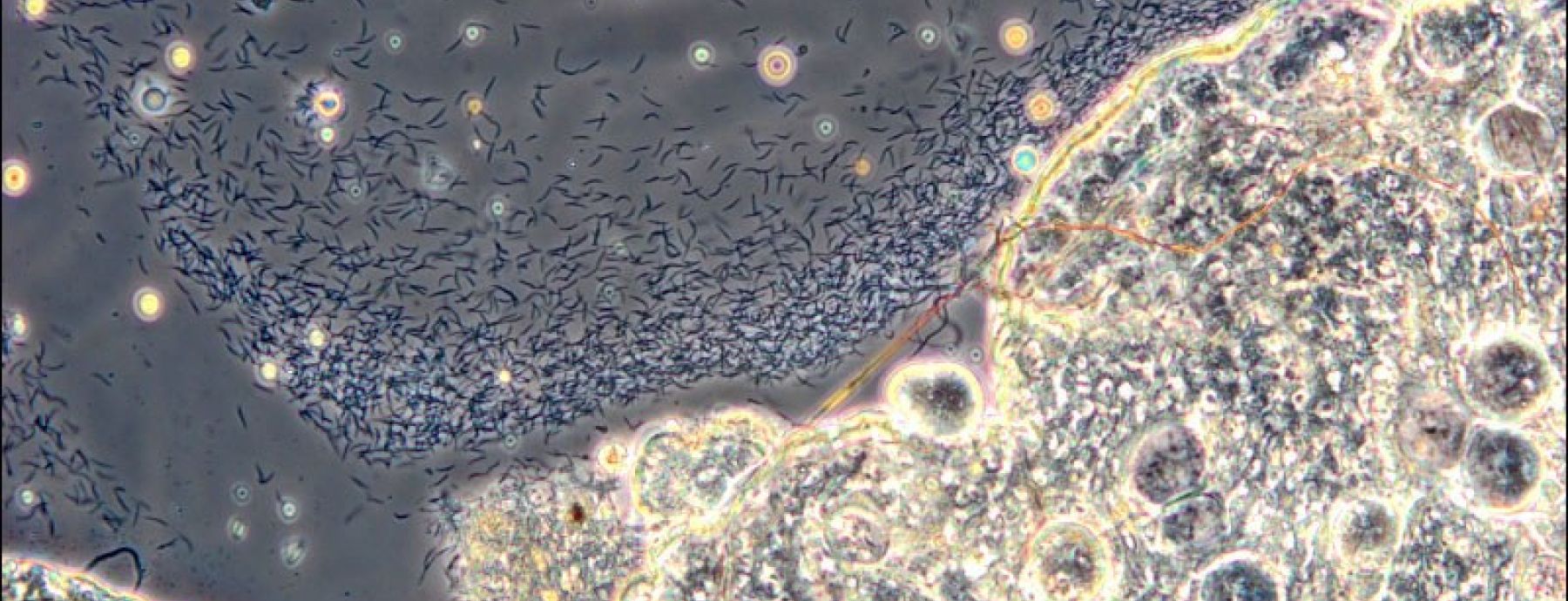Malaria infection has been associated with alterations in mosquito blood-feeding behaviors. Given that the observed behavioral changes coincide with particular stages of infection and shift in ways that augment the probability of transmission, Plasmodium parasites are often accused of ‘manipulating’ mosquito behavior. A group of Penn State scientists led by post-doctoral researchers Lauren Cator and Justin George present evidence that mosquito responsiveness to host cues can change even when exposed individuals do not contain living parasites.
Read the Penn State News article HERE
Written By: Cator LJ, George J, Blanford S, Murdock CC, Baker TC, Read AF, & Thomas MB
Paper Url: http://rspb.royalsocietypublishing.org/content/280/1763/20130711.abstract
Journal: 280: 20130711
Journal Reference: 280: 20130711
Paper Id: 10.1098/rspb.2013.0711
